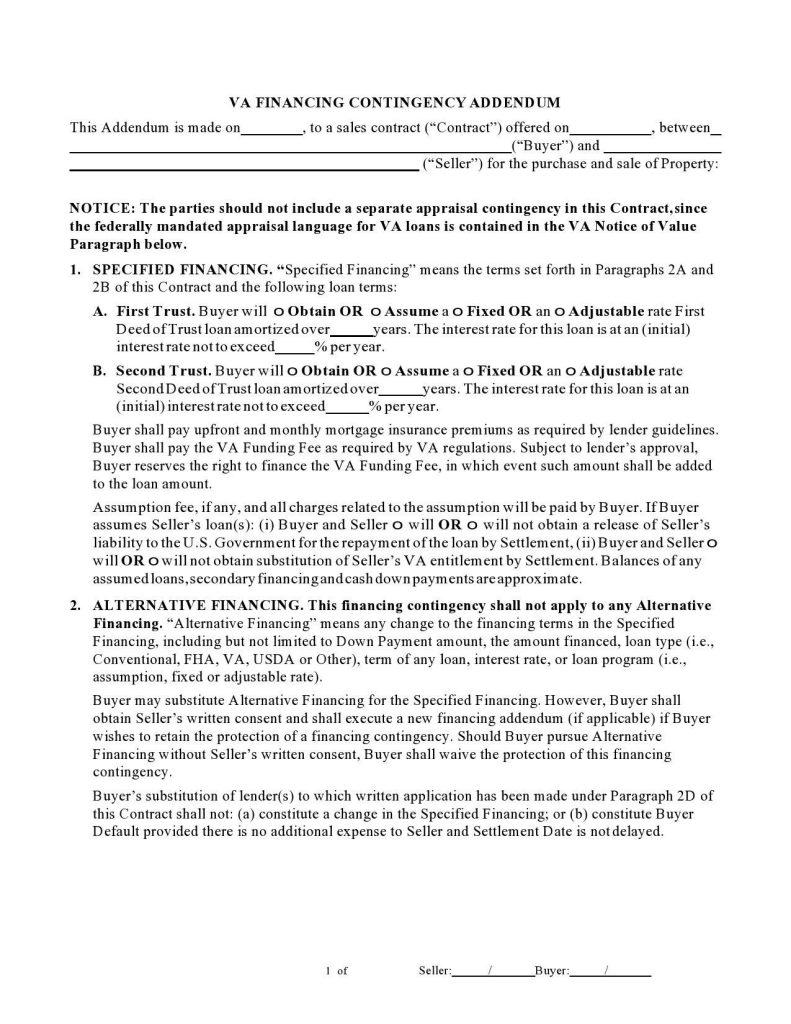When it comes to navigating the complex world of financing and contracts, the stakes can feel overwhelming—and for good reason. These legal and financial commitments often represent significant portions of our personal or professional lives, making the need for protection not just important, but essential. Yet, with all the jargon and fine print, it’s easy to feel unsure or vulnerable. In this article, we’ll explore practical and compassionate ways to help you safeguard your financing and contracts with confidence, so you can move forward knowing your interests are truly protected. Whether you’re signing a new loan, entering a business agreement, or renewing a contract, understanding the key steps to protect yourself can provide both peace of mind and real security.
Table of Contents
- Understanding Common Risks in Financing and Contract Agreements
- Building Strong Legal Foundations for Your Contracts
- Practical Steps to Secure Your Financial Commitments
- When and How to Seek Professional Advice for Added Protection
- In Retrospect
Understanding Common Risks in Financing and Contract Agreements
When entering into financing or contract agreements, it’s essential to be aware of potential pitfalls that could jeopardize your investment or business relationship. Common risks often stem from vague terms, unforeseen clauses, or misunderstanding the obligations involved. These can lead to disputes, cash flow issues, or even legal battles. For instance, unclear repayment schedules or ambiguous termination clauses may leave parties vulnerable to unexpected financial strain or locked-in commitments that restrict flexibility.
To navigate these challenges, prioritize thorough due diligence and focus on identifying key risk factors such as:
- Hidden Fees and Charges: Unexpected costs buried within the contract that could inflate your expenses.
- Default and Penalty Provisions: Clauses outlining consequences if you fail to meet terms, which may be harsher than anticipated.
- Ambiguous Language: Vagueness or loopholes that can be exploited by the other party.
- Third-Party Dependencies: Reliance on external parties whose failure can impact your agreement fulfillment.
Spotting and addressing these risks early, preferably with expert legal or financial advice, is paramount. This proactive approach not only safeguards your interests but also builds a foundation of trust and transparency that empowers confident decision-making.
Building Strong Legal Foundations for Your Contracts
Ensuring that your contracts stand on solid legal ground is essential to safeguarding your financial interests and avoiding unforeseen disputes. Start by clearly defining the terms and conditions, making sure every party’s rights and obligations are spelled out with precision. Ambiguities or vague language can open doors to misinterpretation, so using straightforward and consistent wording is key. Additionally, thorough due diligence before signing any agreement can reveal potential risks or loopholes that may undermine the contract’s integrity.
Incorporating specific elements can further fortify your agreements, such as:
- Dispute Resolution Clauses: Establishing how conflicts will be handled, whether through mediation or arbitration, helps prevent costly courtroom battles.
- Termination Conditions: Clearly outlining scenarios for contract termination protects you from being locked into unfavorable or risky arrangements.
- Confidentiality Provisions: Safeguarding sensitive information reinforces trust and prevents unauthorized disclosures.
By meticulously addressing these factors, you create a framework where your financing and contractual relationships are shielded with confidence and clarity.
Practical Steps to Secure Your Financial Commitments
When it comes to safeguarding your financial agreements, proactivity is your greatest ally. Begin by thoroughly reviewing every document before signing. Knowing the fine print, including interest rates, payment schedules, and penalty clauses, empowers you to anticipate potential pitfalls. Additionally, always maintain organized records—digital copies backed up securely can save you considerable stress in disputes or audits. It’s also wise to stay informed about changes in relevant laws or market conditions that could impact your contracts, ensuring you’re not caught off guard.
Another crucial step is to cultivate transparent communication with all parties involved. Establishing a trusted line of dialogue helps address concerns before they escalate and fosters mutual confidence. Consider engaging professionals such as financial advisors or legal experts to review your commitments, especially for complex agreements. Small but deliberate actions like setting automatic payment reminders or renegotiating terms in light of changing circumstances can make a decisive difference in maintaining control and supporting your financial well-being.
When and How to Seek Professional Advice for Added Protection
When you’re navigating the complexities of financing or drafting contracts, it’s crucial to recognize the moments that call for expert guidance. If terms start to feel unclear, or if you’re facing high-stakes negotiations, consulting with a legal or financial professional can transform uncertainty into clarity. Additionally, when large sums or long-term commitments are on the line, getting a specialist’s perspective helps you avoid costly mistakes and unforeseen risks. Remember, proactive advice is often less expensive and stressful than corrective measures later on.
Keep an eye out for these signals indicating it’s time to seek professional help:
- Contract language that feels ambiguous or overly complex
- Unfamiliar financial terms or clauses with potential penalties
- Major changes to your financial situation or business goals
- Pressure to sign documents quickly without full understanding
Engaging an expert early not only reinforces your confidence but ensures your agreements are tailored specifically to your needs, safeguarding your interests every step of the way.
In Retrospect
Protecting your financing and contracts is more than just a smart business move—it’s a way to safeguard your peace of mind and build a foundation of trust in every partnership you enter. While the process might sometimes feel overwhelming, approaching it with confidence and care can make all the difference. Remember, the key lies in staying informed, seeking expert advice when needed, and never hesitating to ask questions or clarify terms. By doing so, you’re not only protecting your assets but also empowering yourself to navigate the complexities of finance and contracts with assurance. Stay diligent, stay thoughtful, and above all, trust that with the right knowledge and preparation, you can confidently protect what matters most.






